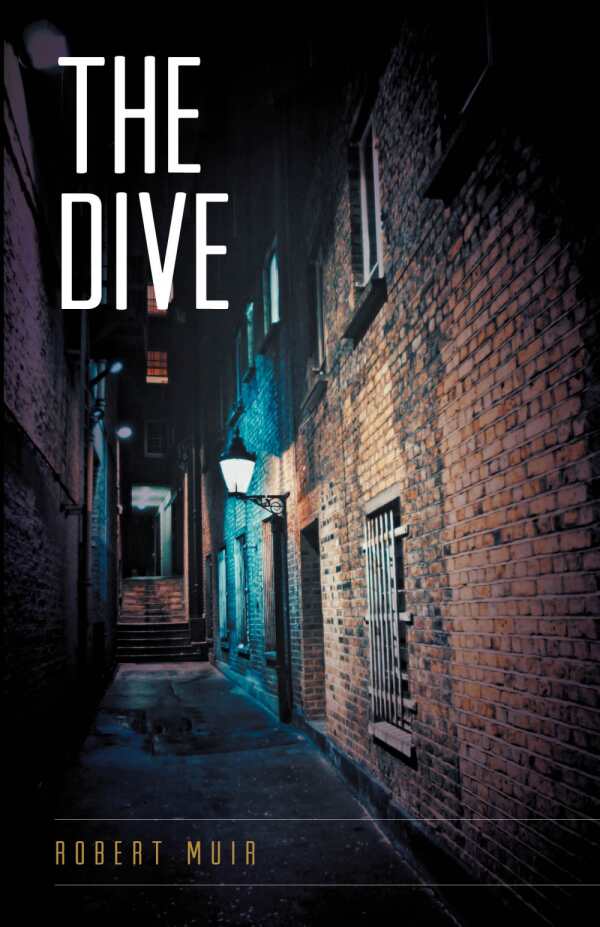The Dive
Muir has written an absorbing, unforgettable novel for those ready to question their social values.
In The Dive, Robert Muir provides an unforgettable look into downtown Toronto in 1987. There, Muir illuminates a subculture inhabited by lost souls and organized crime fueled by poverty, crime, alcohol, drugs, and mental illness.
After he is laid off from his blue-collar job, twenty-six-year-old George Wentworth moves to a dismal rooming house in downtown Toronto. At first, he looks for honest work to no avail, while discovering a host of dives and flophouses and meeting their downtrodden inhabitants. In the meantime, crime boss Jack Tanner and his assistant Hab Sullivan wait for George to hit rock bottom. When they feel he is sufficiently desperate, they offer to make him part of their team committing burglaries and other felonies with almost military precision. Things are looking up for George until a rival crime boss and an unstable team member begin to create problems.
The Dive is remarkable for three reasons. First, Muir describes every bar, room, and downtown Toronto street with impressive detail. Numerous minor characters walk these streets, and each one has his or her own unique personality. For example, Hughie, the bartender at Porter’s, steals the customers’ change if they leave it on the bar, and a crazy, drunk woman with an askew wig often drinks beer on the steps of George’s building, cackling at passersby. The result creates a work that doesn’t feel as though the author merely wrote it—rather, The Dive feels as though Muir lived it.
Muir’s use of detail leads to The Dive‘s second strength: the plot’s pacing. Because Muir goes on with his descriptions for pages at times, the plot’s pace seems slow and even without direction. At first, this listless meandering is almost irritating. It becomes clear, however, that this aimlessness reflects the pace of life for the inhabitants of this subculture. They live wandering from one bottle, bummed cigarette, disability check, park bench, soup kitchen, and criminal job to the next. When George joins Jack’s team and is again working, the plot moves quickly to a climax and resolution.
Finally, Muir adds a bit of thought-provoking social commentary. At the end of the novel, George notes that he lost his moral compunction because his victims are wealthy, “and after having seen how the most disadvantaged lived: the homeless, the welfare cases, the mentally unbalanced who weren’t crazy enough to be kept locked out of sight, and all the other unemployables who slept on the street or in the parks or in culverts and on embankments, it seemed a lot easier to justify the things they did and the way they made their money.” Thus, for George, crime is not a moral failing, but a social equalizer in a land of capitalistic inequality, and another form of industry employing those denied legal work.
Muir has written an absorbing novel for those ready to question their social values.
Reviewed by
Annie Peters
Disclosure: This article is not an endorsement, but a review. The publisher of this book provided free copies of the book and paid a small fee to have their book reviewed by a professional reviewer. Foreword Reviews and Clarion Reviews make no guarantee that the publisher will receive a positive review. Foreword Magazine, Inc. is disclosing this in accordance with the Federal Trade Commission’s 16 CFR, Part 255.

